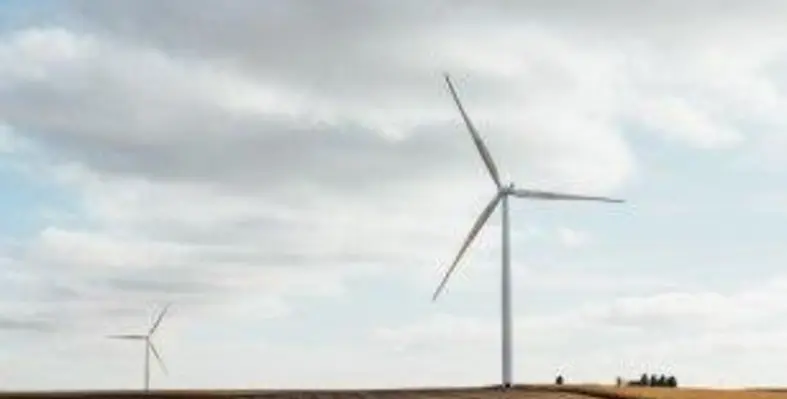Kenya has made enormous progress in the energy sector in less than a decade with its two renewable energy projects, the Turkana Wind Farm and the Menengai Geothermal Power Plant
The two projects have benefited from the decisive support of the African Development Bank (AfDB).
The nationwide electrification rate in Kenya has leapt from 28 per cent in 2013 to more than 60 per cent in 2017, according to data provided by President Uhuru Kenyatta at an energy roundtable held in January 2018. The government’s next goal is to increase the electrification rate to 80 per cent by 2020.
Two years to the target date, Kenya is on track and making great strides despite the severe drought it has experienced and an increase in demand of 11 per cent per year. This progress is due to Lake Turkana Wind Farm and Menengai Geothermal Power Station.
These two projects have benefited from funding from AfDB, which has also worked closely with the Kenyan Government and development partners such as the French Agency for Development and the European Investment Bank, to ensure the diversification of Kenya’s energy supply, with a focus on clean, reliable and low-cost energy sources. They have also worked to strengthen the national distribution grid by increasing renewable energy installed power by some 10 per cent.
"Six million homes, that is, 69.4 per cent of the population, have electricity supply," said Ken Tarus, CEO of the national electricity distribution company, Kenya Power, in June 2017.
The result of this is that the load shedding and other untimely power cuts of the past are now much less frequent. In addition, the government reduced the retail price of electricity by 8 per cent in July 2018.
As a result of the two projects, Kenya's foremost energy source in the last two years has been geothermal. As of 2018, Menengai is the largest geothermal energy producer on the African continent and the ninth biggest worldwide.
In March 2018, the government began a project to increase the capacity of Menengai Geothermal Power Station and at the same time decided to invest more in solar energy.
In June 2018, Kenya awarded a 20-year contract for the purchase of 40 megawatts annually from private electricity production company, Kenergy Renewables. The power plant, estimated to cost US$60-70mn, will be located in Laikipia, in northern Kenya, and will serve some 50,000 households. This represents another important step in the march towards universal access to electricity in Kenya.
Presently, renewable sources account for nearly 80 per cent of Kenya’s energy supply.












